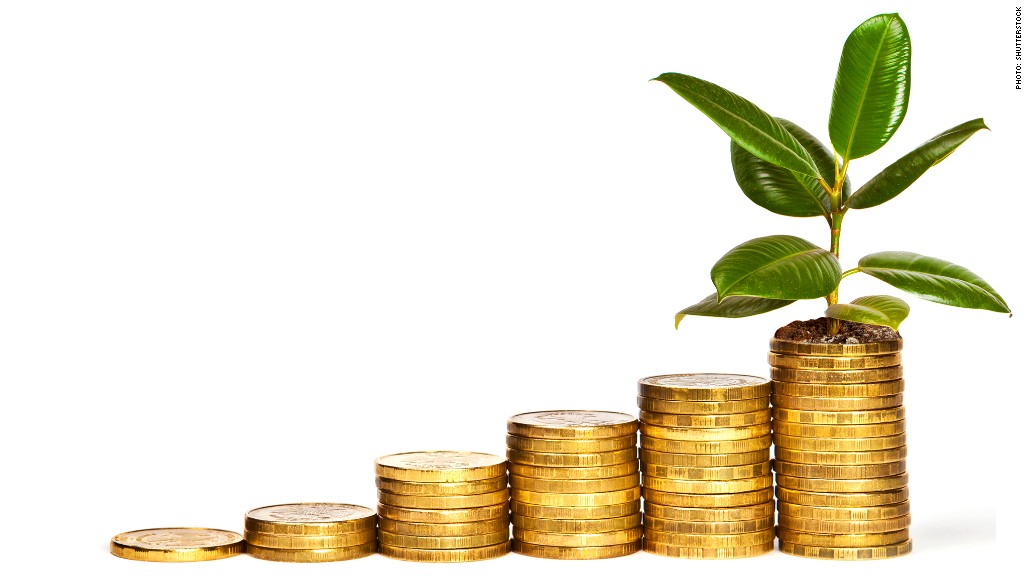
American investors have been getting lots of cash back this year.
Dividends and stock buybacks are on track to hit a new high this year and could top $1 trillion for the first time, says Michael Thompson, managing director of S&P Capital IQ Global Markets Intelligence.
Companies have been increasing their buybacks and dividends to please investors for years. Total payouts from S&P 500 companies surged 84% in the past decade to $934 billion in 2014, from $507 billion in 2005, according to a report by S&P Capital IQ.
Related: Searching for profits in America
While getting cash is great for investors, there's two sides to the thank-you's that companies are giving out.
On one hand, they can be a healthy sign that reflects a company's confidence in its future and willingness to share the cash its business is generating. But increasingly they're seen as a gimmick to distract investors from problems like struggling sales growth and lack of ideas in how to invest its cash.
For example, IBM (IBM) spent billions in 2014 on stock buybacks and dividend payouts. However, its sales declined during the year. It's no surprise that IBM's stock is down 11% over the past 12 months.
Another concern is that buybacks have continued to ratchet up as the value of American stocks -- measured by the P/E ratio -- remains high and it's costing companies a bundle.
"When the market continues to ascend, it's bad for the stock buybacks because it gets more and more expensive for companies to buy back their own shares," says Thompson.
Related: It's Oktoberfest for stocks
The growth in buybacks and dividends also parallels their performance in the stock market.
Last year, stock buybacks were led by tech companies (27% of total) and consumer discretionary (15%) companies. They're the best performing stocks in the S&P 500 so far this year and are expected to have made the most buybacks this year too.
On the flip side, banks used to represent over a quarter of all dividend payouts a decade ago. Now they're only 16% of the total because of post-financial crisis regulations that have clamped down on how much cash they can dish out to investors. So far this year, financial sector stocks in the S&P 500 are down 3%.


